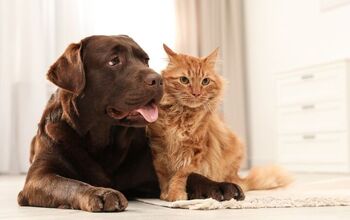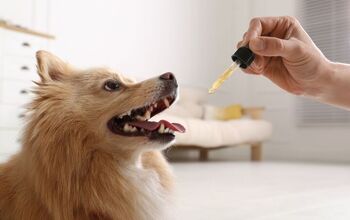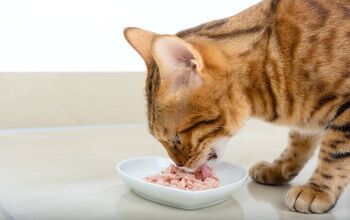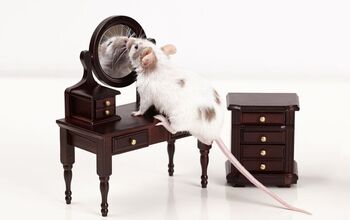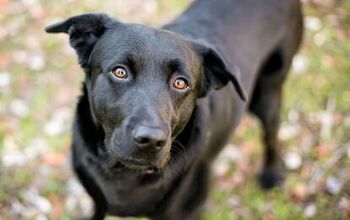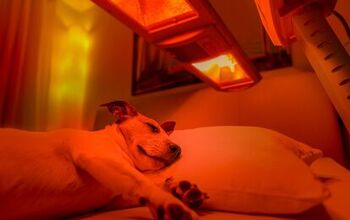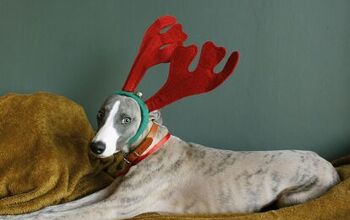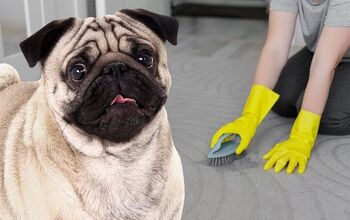Why Do Some Dogs Have Bad Body Odor?

Dogs are cute, no doubt about that, but most of them are not winning awards for their lovely BO – in fact, if we’re being honest, most pooches are a bit stinky. Of course, if you make sure to keep them clean with regular baths, grooming, and teeth brushing, you can eliminate or at least significantly reduce any unpleasant smell. But sometimes, even if you are very attentive about your dog’s hygiene, they can still smell a bit funky. Why does this happen? And what should you do in that case? Lastly, is there a way to prevent unpleasant body odors in your dog? Let’s try and answer all these stinky questions.
Why Does My Dog Smell Bad?
Are you catching a whiff of something foul whenever your dog enters the room? Are you struggling to keep them clean and smelling fresh? There could be a number of reasons why your pupper is stinky, and it is important to go over everything in order to properly address this issue.
Firstly, you want to consider their hygiene. Lack of regular grooming and bathing can lead to a buildup of dirt, oils, and bacteria on a dog's skin and coat, resulting in a bad odor. Make sure you are giving your dog a regular wash or a bath, and that you are using special shampoos that are safe for pets and smell nice.
Next, you want to inspect for possible skin infections. Skin infections, such as bacterial or fungal infections, can cause a foul odor. These infections may result from allergies, parasites, or other underlying health issues. If you suspect this is the case, talk to a vet. The same goes for ear infections, which often cause a distinct, unpleasant odor around the head and ears. The infection can be caused by bacteria, yeast, or mites.
Dental problems can also be the cause of bad odors. Poor dental hygiene can contribute to bad breath, which can affect the overall odor of the dog. Tartar buildup, gum disease, or infected teeth can lead to unpleasant smells. Try upping your dog’s tooth cleaning routine with a special toothpaste with enzymes and a toothbrush designed for dogs and the removal of plaque.
For some dogs, bad odors can be caused by anal gland issues. Anal glands, located on either side of a dog's anus, can become impacted or infected, leading to a strong, unpleasant odor. Some dogs may express their anal glands naturally, but others may require manual expression. This will require the attention of a vet.
Of course, bad odors can be caused by an improper diet. Yes, a dog's diet can influence its body odor. Certain foods, especially those with strong odors, can contribute to an unpleasant smell. Additionally, a poor-quality diet may lead to digestive issues that affect body odor.
The same goes for doggos with allergies, who may develop skin conditions that contribute to odor. Allergic reactions can lead to itching, scratching, and skin infections.
Hormonal imbalances, such as those occurring during pooch puberty (yes, that exists) or due to certain medical conditions, can affect a dog's scent. Also, some dogs have overactive sebaceous glands, leading to an excess production of oils. This can result in a greasy coat and a distinctive smelly odor. Ultimately, a number of underlying medical conditions, such as diabetes or kidney disease, can affect a dog's metabolism and may contribute to changes in body odor.
If your dog has a persistent or strong odor, it's essential to consult with a veterinarian. The vet can help identify the underlying cause of the odor and recommend appropriate treatment or preventive measures. Regular grooming, a balanced diet, and prompt attention to any health issues can help keep your dog smelling fresh.

A proud mama to seven dogs and ten cats, Angela spends her days writing for her fellow pet parents and pampering her furballs, all of whom are rescues. When she's not gushing over her adorable cats or playing with her dogs, she can be found curled up with a good fantasy book.
More by Angela Vuckovic









